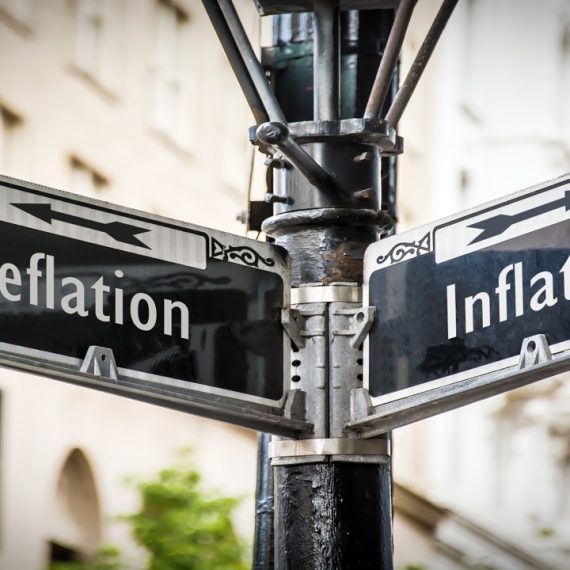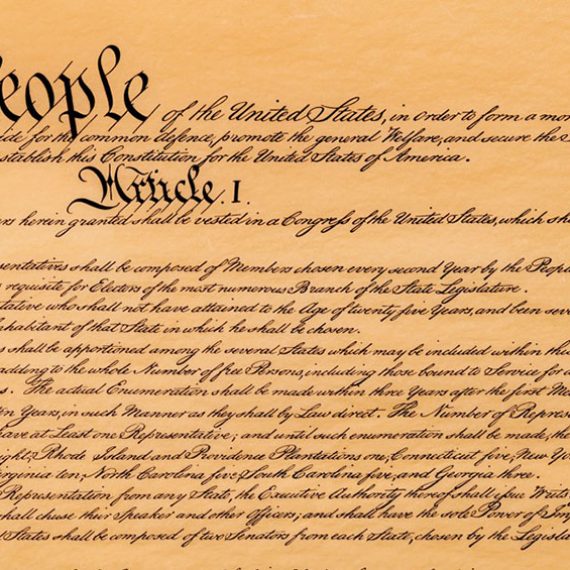Every once in a great while, the market offers a unique opportunity to buy precious metals ‘on the cheap’. I believe today is one of those moments.
There is ‘panic in the air’ and ‘blood in the streets’, which are conditions that open up unique opportunities. People who have used leverage to carry trading positions have been forced to sell their precious metals – throwing out the ‘baby with the bathwater’ – much like the panic that occurred after the Lehman Brothers collapse. The trigger this time though is not an over-leveraged investment bank, but rather, the sovereign debt of Greece and Spain.
Years of profligate spending and weakening economic activity are taking their toll. I highlighted in December that sovereign debt defaults were approaching as “countries around the globe run out of money and confront overwhelming debts that cannot be repaid.”
While Greece and Spain are now the trigger points, they are not alone. Nor is this problem of countries with too much debt unique to Europe. The debt of the biggest debtor of them all – the US government – is finally being called into question.
Reuters today reported: “If the U.S. economy grows anemically, already stretched government finances will be crimped, potentially putting downward pressure on the top Aaa U.S. rating, said Moody’s Investors Service.” To emphasize and make clear its point, the article went on to say: “If the Obama administration’s budget projections for rising interest payments on government debt are realized, ‘at some point, we don’t know when, there would be downward pressure on the U.S. rating,’ [Moody’s] said.”
The likelihood of sovereign defaults is growing. Greece and Spain long ago gave up their domestic currencies to become part of the eurozone. They cannot create euros out of ‘thin air’ to repay their debts with debased currency.
While both countries give lip service to reducing their annual operating deficits – but not their debts – in the future, neither is prepared to bite the bullet and make tough decisions to bring spending under control. Given the weak economic activity in both countries, raising taxes is unlikely to produce further revenue, making the default all the more likely. The discussion about default though is hiding a pernicious, developing force that portends a widening crisis.
Euros are being pulled out of Greek and Spanish banks and placed in German and French banks. The thinking is that if Greece and/or Spain leave the eurozone to once again issue drachmas and pesetas, their revamped currencies will be trade at a discount to euros. Therefore, to avoid losing purchasing power from this possibility, euros are moving out of banks from south to north. Thus, as the sovereign debt crisis spins out of control, it may cause banking crises in Greece and Spain as well as the other weak spots in the eurozone, namely, Portugal, Ireland and Italy, which bring me back to gold.
Counterparty risk is growing. As it does, the precious metals become increasingly important to preserve wealth because tangible assets are not dependent upon the promise of any government or bank. Gold and silver are the ultimate safe haven, and right now they are being offered at bargain basement prices. More importantly, it is clear from the Fear Index that gold is good value.
No one can predict the future. Precious metal prices may fall further. Then again, maybe today marks the low. But regardless, the risk of sovereign debt defaults is not going to disappear. Nor is uncertainty about the durability of the euro. And the dollar continues to be debased by reckless spending that is piling more debt upon the US government’s huge mountain of debt. These risks create an environment in which one seeks safety for their hard-earned assets, which is what the precious metals offer.



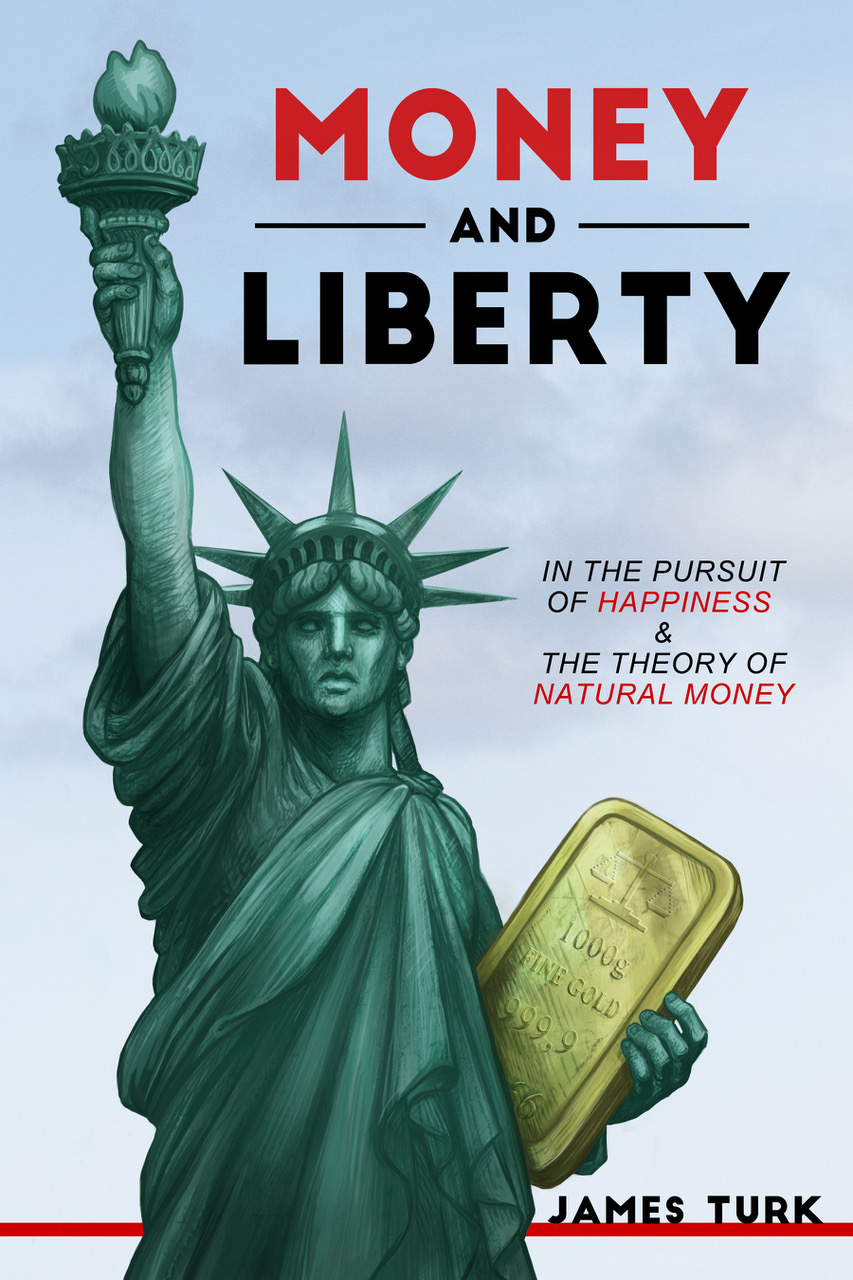
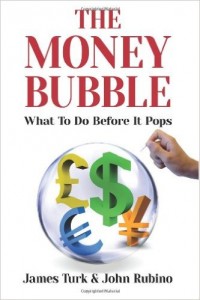
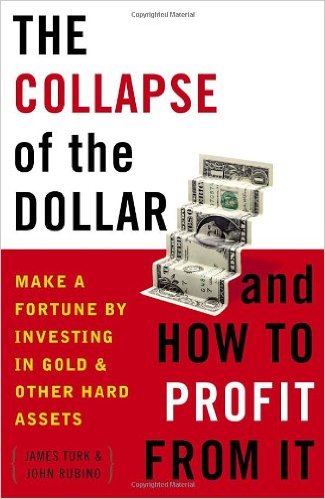
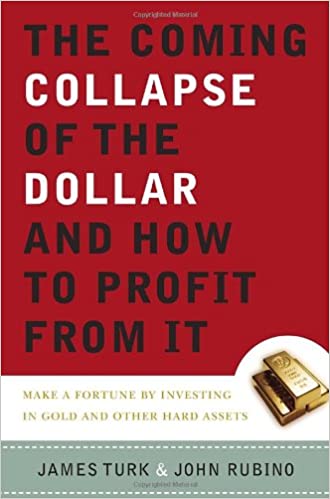
 My objective is to share with you my views on gold, which in recent decades has become one of the world’s most misunderstood asset classes. This low level of knowledge about gold creates a wonderful opportunity and competitive edge to everyone who truly understands gold and money.
My objective is to share with you my views on gold, which in recent decades has become one of the world’s most misunderstood asset classes. This low level of knowledge about gold creates a wonderful opportunity and competitive edge to everyone who truly understands gold and money.